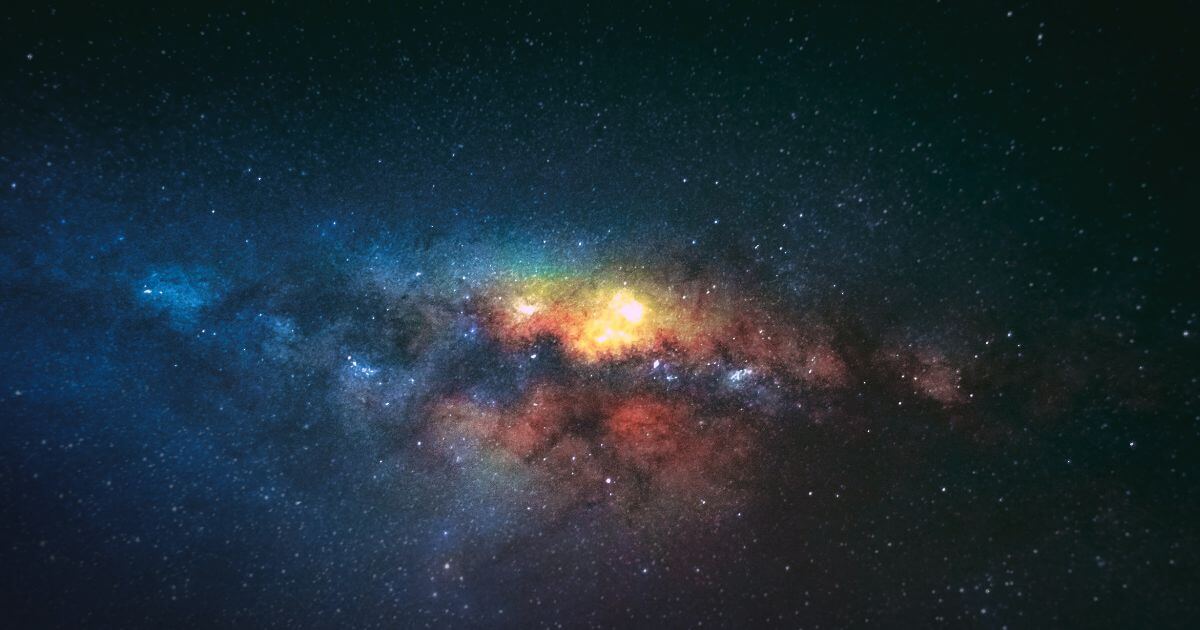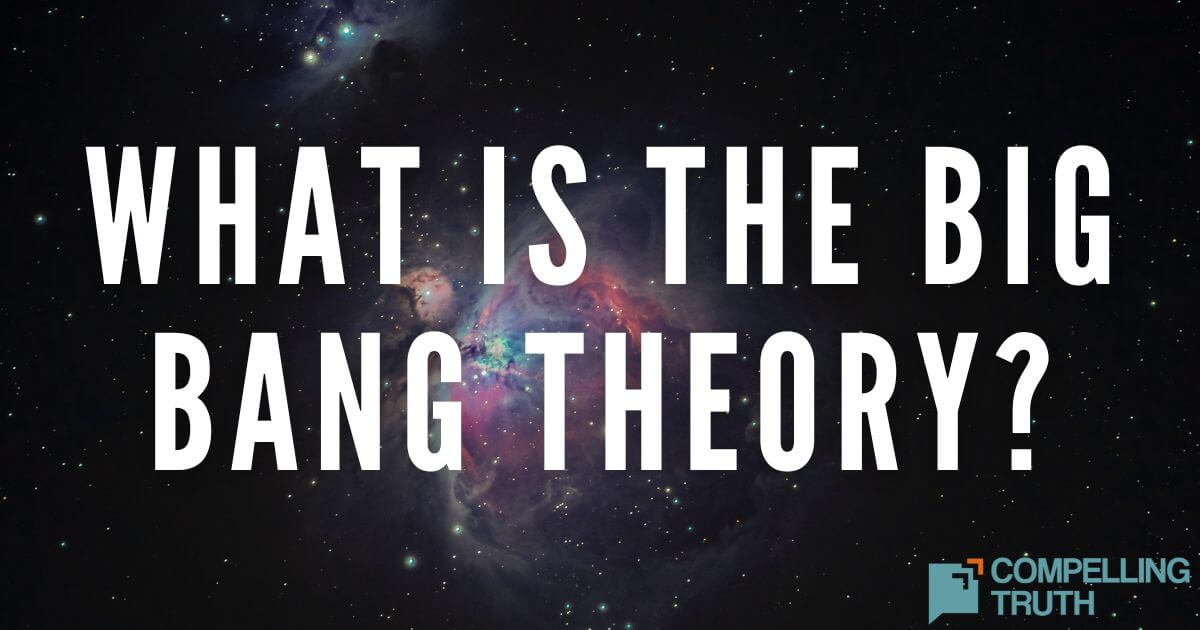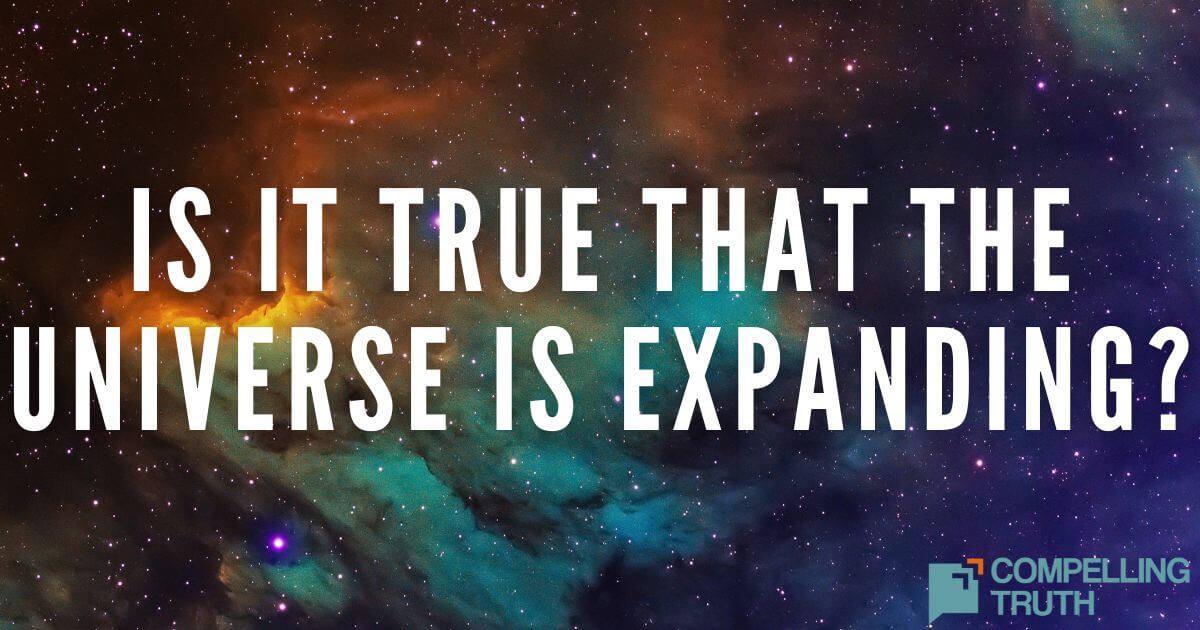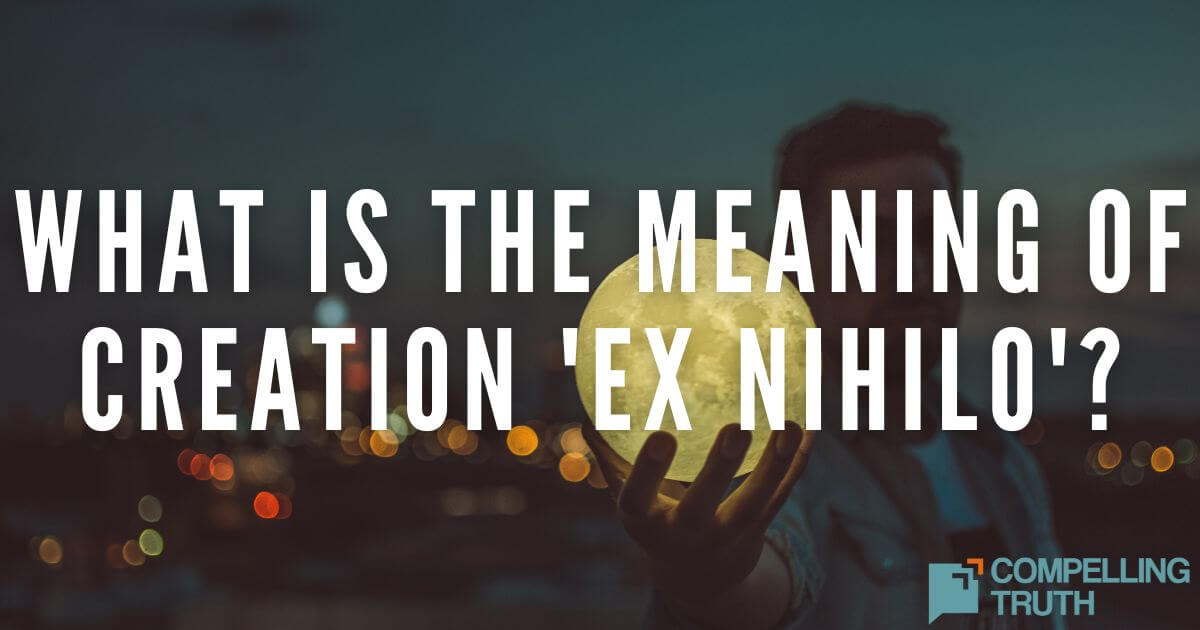Genesis 1:1 and Hebrews 11:3 tell us that God created the universe by the power of His word, without using preexisting material. On the other hand, the Big Bang is a physical theory that describes how the universe expanded from an initial state of high density and temperature. Strictly speaking, it cannot be a theory of the creation of the universe. The origins of the universe prior to that moment remain a mystery to cosmologists. Since Scripture is not meant as a detailed scientific record, the Bible doesn't say anything directly about the Big Bang theory. Scientific theories can change radically, depending on available evidence. Instead, a major theme of the Bible is to tell all generations how God has worked in history to bring about his plan of salvation. If taken as an atheistic, random framework, the Big Bang theory is incompatible with the biblical narrative of supernatural origins. Seen as evidence that the universe had a beginning in time, the theory can potentially complement Scripture. When science and interpretations of the Bible seem to disagree, we should trust God’s truth while waiting for more details to come to light.
Concerns about the Big Bang theory being compatible with Christianity arise when the idea is tied to simplistic, atheistic claims. Anti-theists and those who dislike the idea of God insist that one must choose between science and God. However, these are false alternatives. The fact is that these explanations do not contradict but rather complement each other. The Big Bang theory and the Bible are two different kinds of explanations - one in terms of God's creative acts and the other in terms of mechanisms and laws. Georges Lemaitre, the Belgian Jesuit priest and cosmologist who first suggested a single moment of origins, also did not think we had to choose between science and religion. Prior to widespread support for the Big Bang theory, atheists insisted that the universe was without beginning or end—and they resisted the theory on spiritual grounds. Now, of course, it is often falsely claimed as evidence that God is not needed to explain the universe.
While God and the Bible do not change, the Big Bang theory is still being developed. The theory is incomplete with untested predictions, such as the missing dark matter and dark energy. The biggest problem is the missing piece of the birth of the universe. Physical theories today describe different aspects of how the universe changes. But cosmologists have no robust theories about the ultimate origins of reality itself. Meanwhile, Genesis 1:1 is clear that God created the universe in the beginning.
The article at this link explains the Big Bang theory:
https://www.compellingtruth.org/Big-Bang-theory.html




